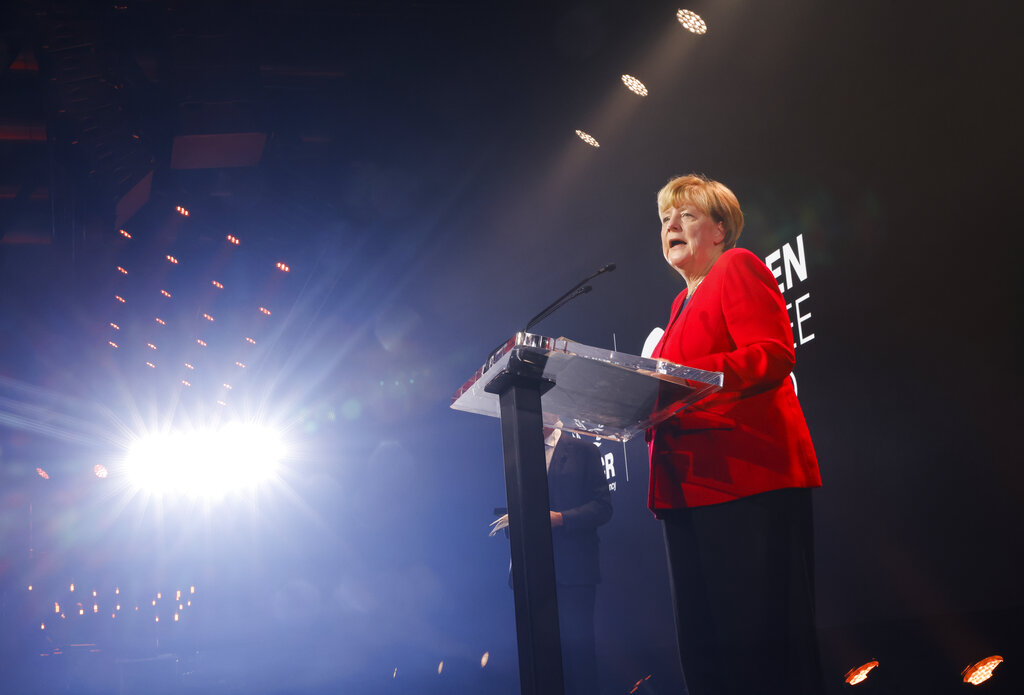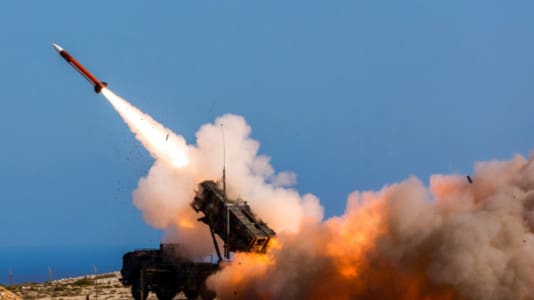The vast majority of Germans do not want former German Chancellor Angela Merkel to become chancellor again, German public broadcaster Deutsche Welle reported, citing the latest Civey institute poll.
Specifically, 71 percent reject a return of Merkel, while 23 percent of respondents would like to see the veteran politician at the helm of Germany again.
Merkel was chancellor of Germany for 16 years, but did not participate in last year’s elections. The former chancellor announced in 2018 that she would retire once her mandate expired. The 68-year-old former chancellor is currently spending her retirement years giving lectures and writing her political memoirs.
Although the poll shows that Germans do not want another Merkel era, they do not have a negative opinion of the former chancellor.
Forty-three percent of respondents said the former leader of the Christian Democratic Union (CDU) did a better job than current Social Democrat Chancellor Olaf Scholz, with whom only 41 percent of respondents were satisfied.
The paper also pointed to the different perceptions of Merkel in the east and west of Germany. According to the poll, 52 percent of respondents in the east of the country prefer Merkel to Scholz, while in the west of Germany, the figure is only 42 percent.
On the party landscape, the latest polls show that the conservative CDU/CSU alliance is the most popular with 28 percent. In the current governing coalition, the German Social Democratic Party (SPD) is at 20 percent, the Greens (Grüne) between 17 and 20 percent, and the Free Democratic Party (FDP) at 6 to 7 percent. The post-communist Left Party (Die Linke) is at 5 percent, while the Alternative for Germany (AfD) is at 13 to 15 percent.
The former German chancellor recently spoke about her departure in an interview with the magazine Spiegel. She said that she did not regret leaving office last year because, as she put it, her government had failed to achieve a breakthrough not only in the crisis in Ukraine since 2014 but also in conflicts in Moldova, Georgia, Syria, and Libya.
She added: “It is time for a new approach.”
The politician also admitted that she did not have enough power to prevent the war between Russia and Ukraine at the end of her term of office.






